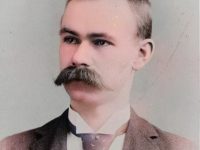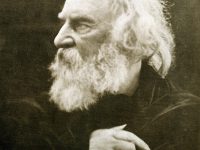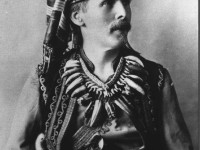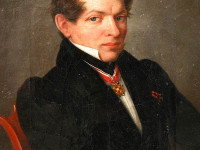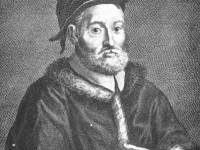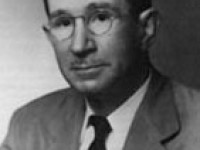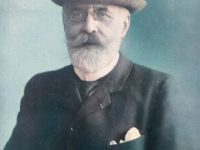Herman Hollerith and the Mechanical Tabulator
On February 29, 1860, American statistician and inventor Herman Hollerith was born. He is best known for his invention of the mechanical tabulator based on punchcards to rapidly tabulate statistics from millions of pieces of data. He was the founder of the Tabulating Machine Company that later merged to become IBM. Hollerith is widely regarded as the father of modern automatic computation. Herman Hollerith and the Idea for the Punchcard Herman Hollerith…
Read more

